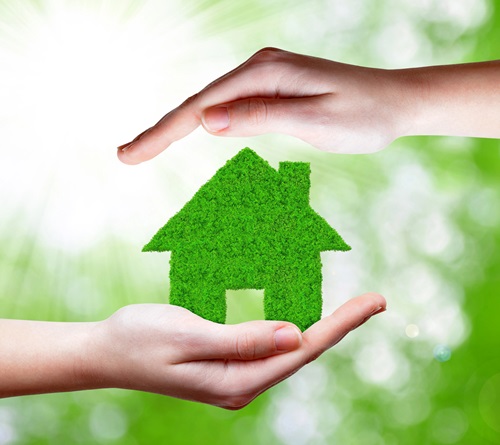
When it comes to home renovations, there’s a multitude of factors to consider aside from hiring a handyman. Moreover, beyond just the aesthetics, you have to think about budget, timelines, and who will carry out the work. However, in today’s world, there’s an additional aspect that should take precedence in your planning: making your home more environmentally friendly and sustainable.
Often, environmentally friendly projects not only benefit the Earth but also your wallet. However, discerning which projects truly make your home greener can be challenging. Let’s delve into expert advice to find out.
Handyman Tips: Understanding the Concept of a ‘Green Home’
Before diving into renovations, it’s essential to grasp the concept of a ‘green home.’ Accordingly, experts suggest that green homes prioritize sustainable and eco-friendly options to minimize environmental impact. This includes factors like energy usage and building materials.
Choosing Renovation Over New Builds
Opting for renovations over building from scratch whenever possible is advisable. In essence, renovations breathe new life into old structures, making them more efficient and sustainable compared to constructing new homes. Although it may be challenging to update everything in one go, focusing on impactful projects is key.
Implementing Smart Home Systems
Incorporating smart home technology not only adds convenience but also contributes to energy efficiency. For instance, upgrading technology like thermostats and lighting control systems allows for remote monitoring and control, reducing energy wastage and environmental impact.
Enhancing Insulation for Energy Efficiency
Insulation plays a crucial role in maintaining energy efficiency within homes. Therefore, ensuring proper insulation in walls, attics, and floors is essential. This can minimize heat loss during winter and keep cool air in during summer, thus reducing the need for excessive heating or cooling.
Upgrading to Energy-Efficient Windows
Old or inefficient windows can lead to significant energy loss. Consequently, replacing them with energy-efficient alternatives helps in better insulation, reducing heating and cooling costs, and decreasing overall energy consumption.
Installing low-flow fixtures for showers, toilets, and faucets can significantly reduce water usage without compromising functionality. In this way, these fixtures are designed to conserve water, making them an eco-friendly choice for any home.
Harnessing Solar Power
Solar panels offer a renewable energy source that can power homes while reducing reliance on traditional energy sources. Despite the significant initial investment, solar panels provide long-term benefits by generating clean and sustainable energy.
Investing in VRF Systems for Efficient Heating and Cooling
Variable Refrigerant Flow (VRF) systems offer precise temperature control for individual rooms, optimizing energy usage and reducing wastage associated with traditional HVAC systems.
Choosing Environmentally Friendly Materials
Using materials with low environmental impact, such as recycled or bio-based options, is essential for sustainable renovations. In addition, these materials minimize resource consumption and environmental footprint while enhancing the overall quality of the home.
Relying on Professional Expertise
Finally, entrusting your home renovation projects to professionals ensures they’re executed efficiently and sustainably. Contrary to popular belief, while DIY efforts may seem eco-friendly, experts can provide guidance to minimize waste and maximize environmental benefits.



No comments:
Post a Comment